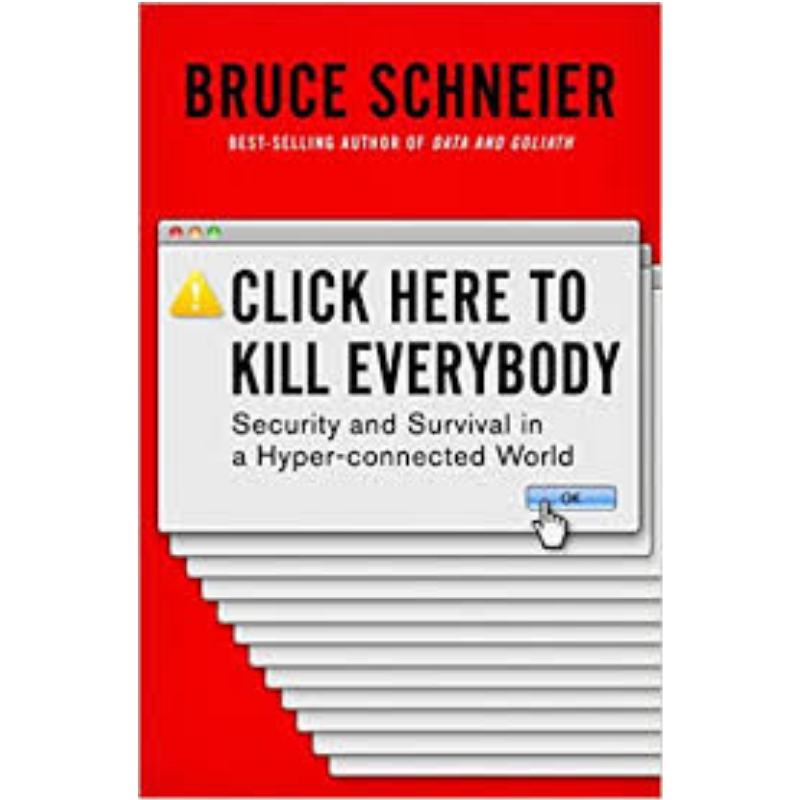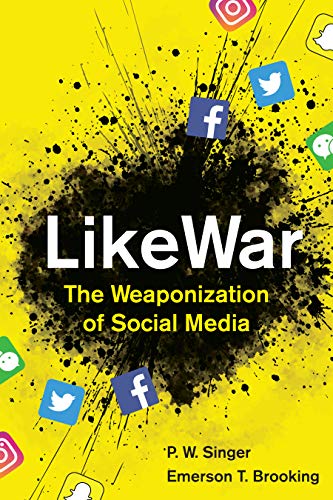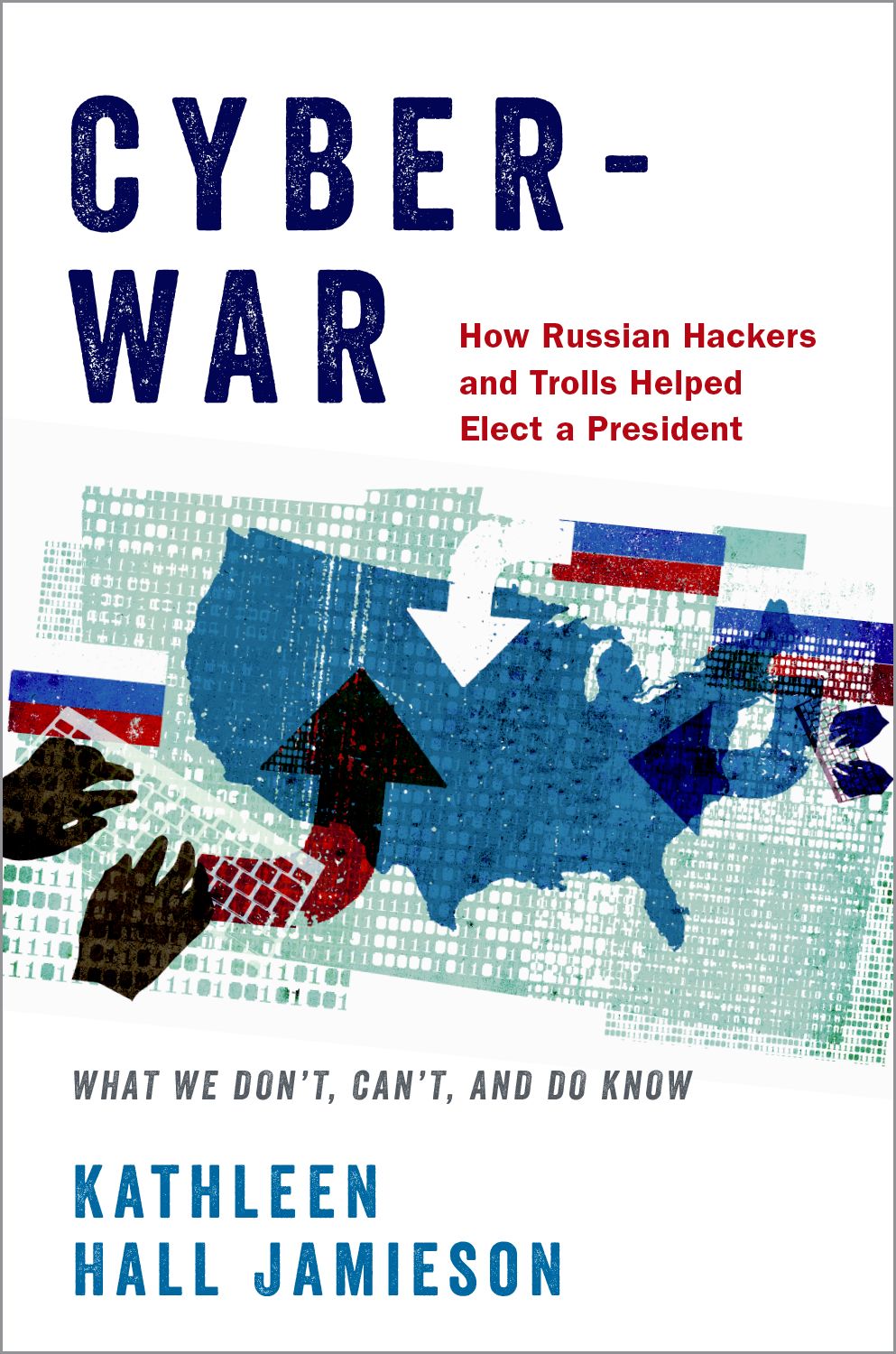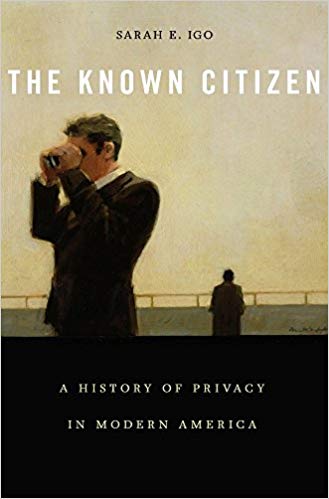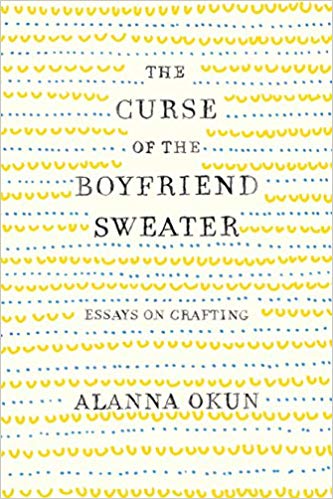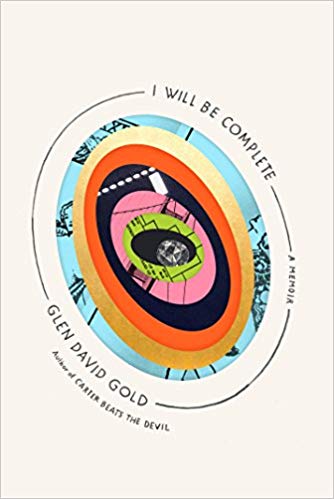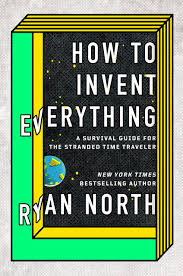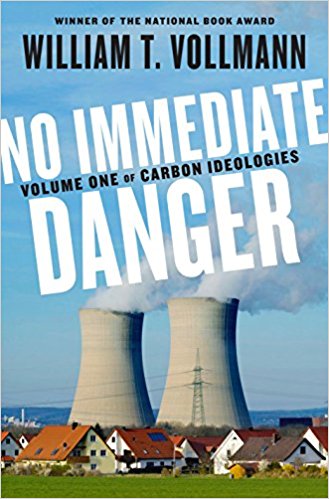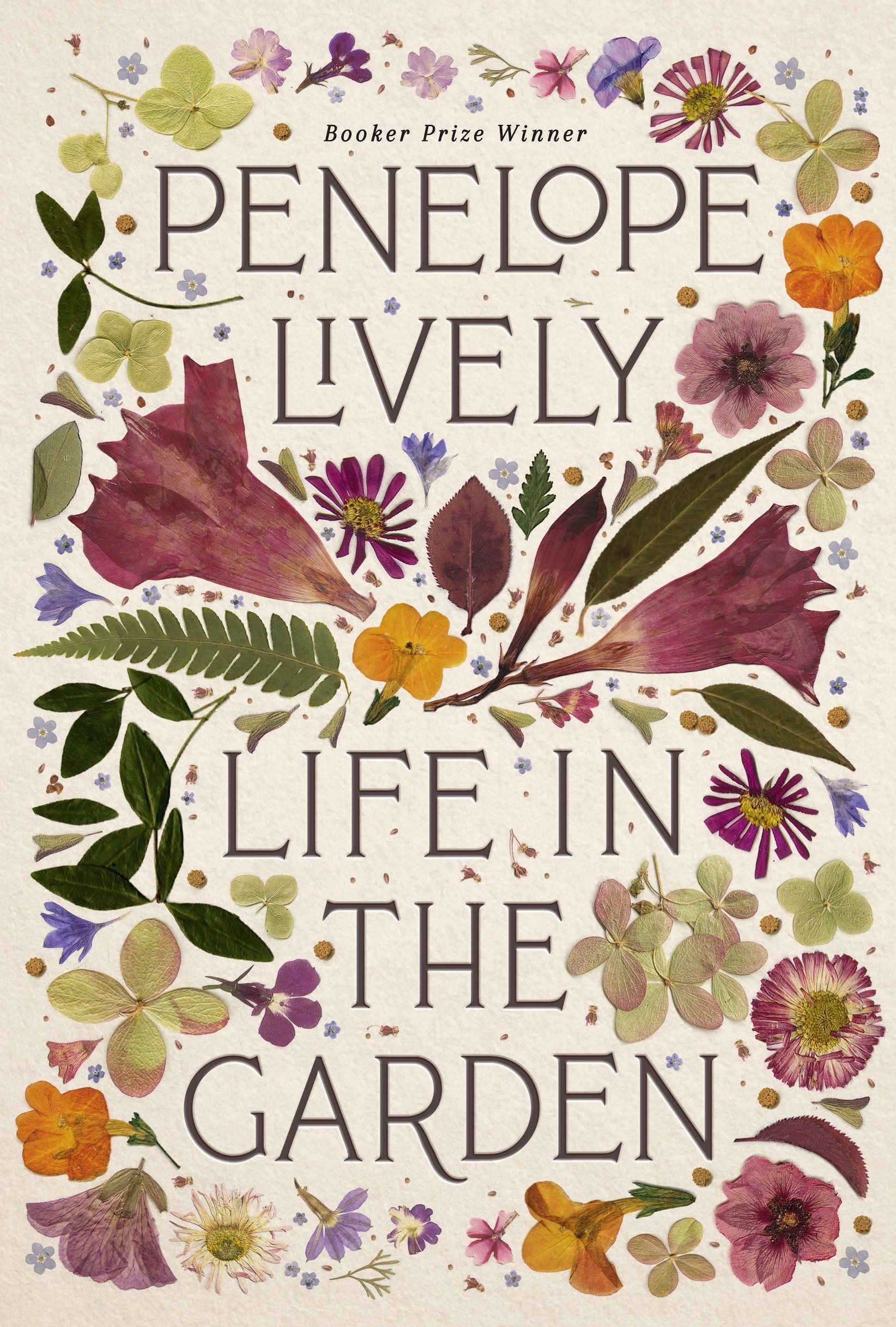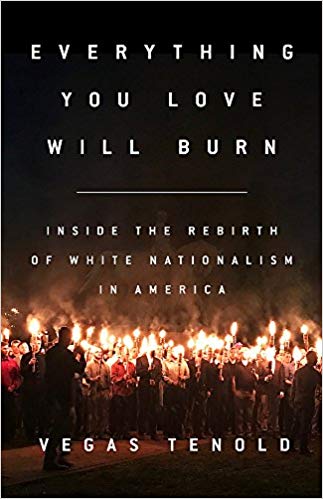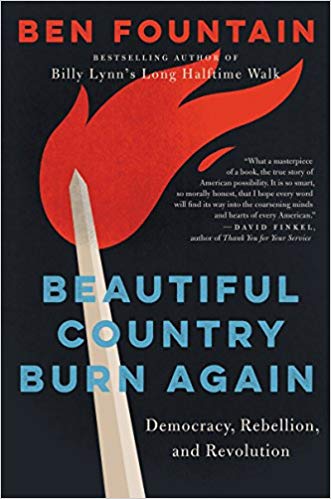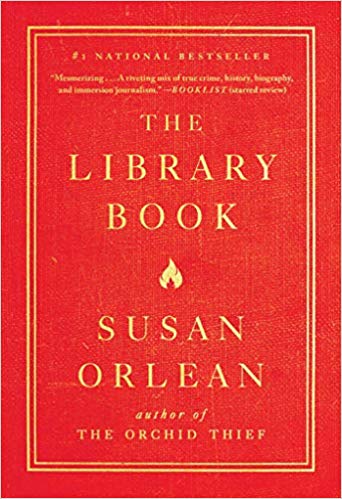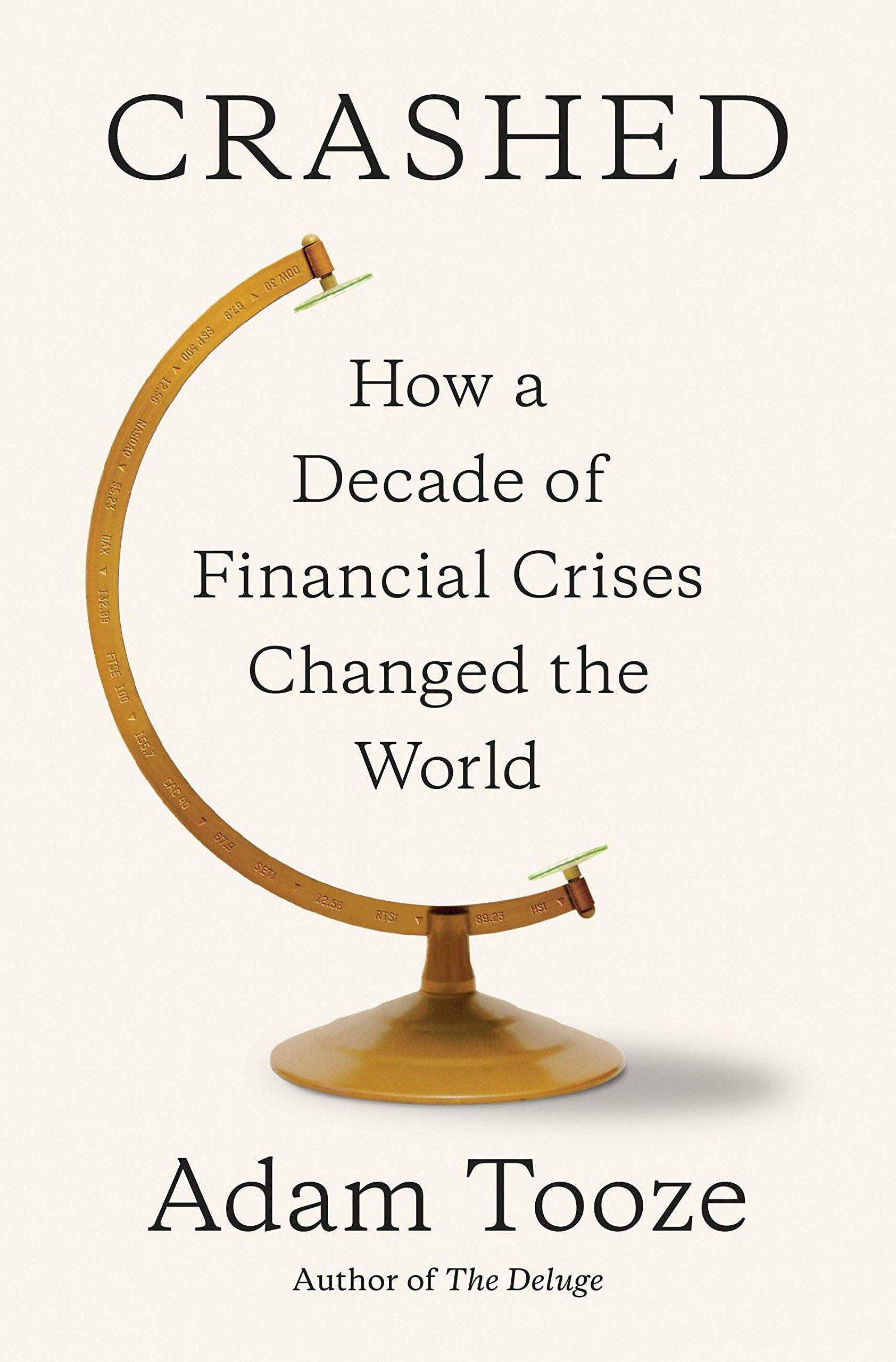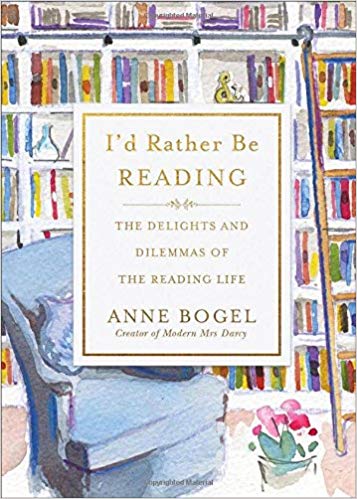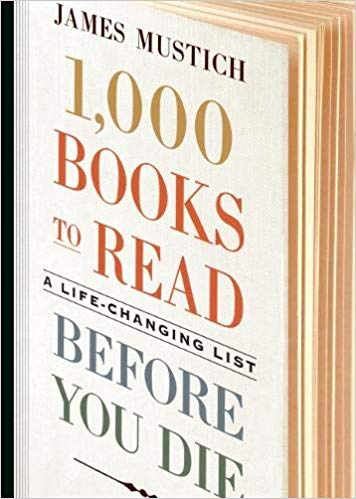The Best Books of 2018: Nonfiction!
/There was an immensity of general-nonfiction titles in 2018, a banquet even by the already-generous standards of recent years. And perhaps it's not surprising that certain themes surfaced again and again, considering the boiling news atmosphere in which these authors are stewing every day. The world's environment is degrading before our eyes into a future of famine, drought, and super-storms; the Internet and social media are combining into a creature out of Greek mythology; the President of the United States is a felon who suborned his election with the help of a hostile foreign power; the forces of barbarism are gaining strength all over the world – echoes are everywhere in the nonfiction books of the year. Here are the best of those books:
10 Cyber-War: How Russian Hackers and Trolls Helped Elect a President by Kathleen Hall Jamieson (Oxford University Press), LikeWar: The Weaponization of Social Media by PW Singer & Emerson Brooking (HMH), Click Here to Kill Everybody: Security and Survival in a Hyper-Connected World by Bruce Schneier (WW Norton) – These three books sketch in many of the horrifying details of the cyber-side of our current world – Jamieson with steely eloquence on election-hacking, Singer and Brooking with broad comprehensiveness on the dark side of Internet gathering-places, and Schneier with wry intelligence on desperate rearguard actions to rein it all in.
9 The Curse of the Boyfriend Sweater by Alanna Okun (Flatiron) – Three of the books on the Best Nonfiction list this year were, as the kids say, well outside my comfort zone in terms of subject-matter, and this wonderfully knowing book by Alanna Okun is the first. On the surface, this series of meditations on knitting seems written solely for the author's fellow knitters, but there's a playful and often funny deeper wisdom running through all of these chapters.
8 The Known Citizen by Sarah Igo (Harvard University Press) – The whole world and concept of privacy, what it is, how it works, how it's guarded or endangered, is here masterfully drawn and explored. Sarah Igo steadfastly avoids thinning her subject or jazzing it up with modern-day headlines; instead, she gives the central idea the full and formidable attention it deserves as it fades into the forgotten past.
7 Life in the Garden by Penelope Lively (Viking) – Again, in this touching book by novelist Penelope Lively, I was confronted with a broad subject matter about which I knew virtually nothing, in this case gardening. Lively takes her readers out into the garden in all seasons, but the quiet skill of this book is the way it weaves the story of Lively's life and past into the details of dirt and spadework.
6 Carbon Ideologies by William Vollmann (Viking) – Framed as the longest elegy for humanity ever written, these two volumes by Vollmann use the radioactive aftermath of the Fukushima nuclear disaster as the kernel of a sprawling look at the heat-death of the planet at the hands of humans. It seems almost impossible that any author could sustain both readability and focus over 3000 pages, but Vollmann actually makes it look easy.
5 How to Invent Everything by Ryan North (Riverhead) – Noting that most denizens of the 21st century spend their days lolling around on the top of a mountain of technology they couldn't explain if their lives depended on it, North makes their lives depend on it: if you're suddenly trapped in the pre-industrial past, How To Invent Everything sparklingly provides all the help you'll need to build (and bluff) your way back to some of the comforts of home.
4 I Will Be Complete by Glen David Gold (Knopf) – Glen David Gold, author of the marvellous novels Carter Beats the Devil and Sunnyside, here makes the rare and decidedly gutsy decision to import wholesale his novelist skills to the story of his own life. The result is a stunningly gripping and heartfelt memoir unlike any other memoir I've read in decades.
3 Everything You Love Will Burn by Vegas Tenhold (Nation), Beautiful Country Burn Again by Ben Fountain (Ecco) – The two best books to come out of the calamitous 2016 US Presidential election were these two scorchingly angry and controlled studies of some of the darker currents roiling under the headline events. Tenhold is less descriptive and more forensic; Fountain is more passionate and unsparing – and together the books are indispensably, magnificently depressing.
2 Crashed by Adam Tooze (Viking) – As with knitting or gardening, so too with granular financial analysis, this enormous book by the great Adam Tooze should have flown right past me in one huge uncomprehended woosh. But this author is almost preternaturally skilled at taking recondite financial information and making it engrossing reading, and this book, about the 2008 world-wide financial meltdown, is no exception: it held me fascinated from first to last.
1 The Library Book by Susan Orlean (Simon and Schuster), I'd Rather Be Reading by Anne Bogel (Baker Books), 1,000 Books To Read Before You Die by James Mustich (Workman) – 2018 saw cautious but verifiable good news on the book-reading front, with readers reading more, buying more books, and giving more support to their local bookstores and libraries. And this was reflected in books, including these, the three best nonfiction books of 2018: Anne Bogel's quippy and witty memoir of her reading life, James Mustich's epic taxonomy of his lifetime of reading, and most of all, Susan Orlean's sublime and utterly incredible celebration of libraries. Not only do these books provide a light through the darkness of most of the rest of the year's best nonfiction, but they also, against all odds, give a bit of hope for the future.

